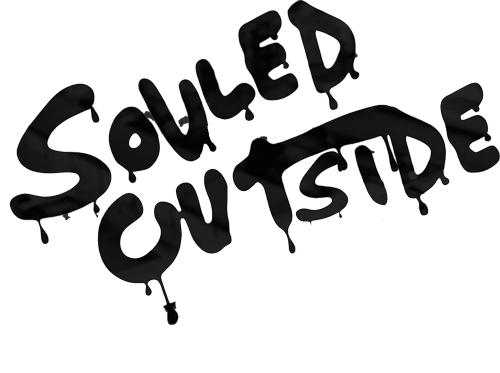YABLANITSA, Bulgaria— Three decades ago, no westerner could see this view. The Balkan Mountains lay before me. The sun, still lingering in the early summer air, cast a marigold glow as cool mists rose up from the valley below. Somewhere in the fog, an abandoned village lay sleeping below.
To my back, a half-dozen handbuilt huts are serving as this mountain’s economic engine: an AirBnB run by a middle-aged man named Plamen and a son who moonlights as a maseuse. The duo remain regularly booked throughout the summer, and a virtual United Nations of flags from visitors hints that they’ve long since replaced the Soviet-era t.v. tower as the most trafficked destination off the crumbling, mountain road.
“The village is almost completely abandoned,” Plamen recounts in fluent Bulgarian. “Only two or three old people remain. Nobody wants to work the fields anymore. The young people all move to the city. They never come back.”
There’s a sadness in Plamen’s eyes as he weaves the same tale he’s probably sewn a thousand times under this sky. Colors from Zambia, Romania, Germany, the United States, and the U.K. all peer out from behind his greying hair as his story plods along. He’s trying to save the mountain, he says, having purchased thousands of acres around his cabin to set aside for preservation since visitors began to arrive.
Plamen knows Bulgaria is changing. He can feel change in the air. He can see change down below. And the very technology powering his existence is largely responsible for erasing the world he knew.

Today, Bulgaria is a democratic state that seems to differ little from others around the globe. There’s a parliament, a prime minister, and a president. In theory, they work in unison to enact and protect laws created for and by the people. In practice, as Americans well know, that concept has flaws.
Still, most here seem to agree that a stumbling democracy is a hell of a lot better than the previous system.
Before you ever touch down in Bulgaria, you know exactly what that other system was. On approach at the country’s largest international airport in Sofia, endless rows of passionless, concrete apartment buildings stretch towards the sky. A smattering of Russian helicopters and cargo planes greet you on the runway. And the ocassional blocky, metal taxi cab can be seen waiting outside.
Bulgaria was not part of the Soviet Union, but from 1946-1990, it was a close ally.
Soviet computer chips were manufactured here. Soviet military bases dotted the countryside. And a Soviet-style conscription system meant that nearly every person of age was trained to fire a Kalashnikov should the need arise.
The adjustment from that Bulgaria into the country you see today has taken time.
Plamen, though, is not waxing nostalgic about communist times. For most Bulgarians, that era is mercifully relegated to history books and memory banks. His sorrow stems from today’s government and a 19th-century Bulgarian hero, a man who once lived nearby named Vasil Levski.
Levski was a freedom fighter; a sort of Bulgarian Braveheart that helped lead an uprising against occupying Ottomans from a hideout in the nearby hills. Ultimately, Levksi was discovered, captured, and hanged—but not before establishing a movement that ultimately inspired Bulgarian independence. Plamen planned to purchase the land around Levski’s former hideout—a derelict, lonesome monastery in desperate need of preservation—but was swindled out of the deal by local politicians.
Corruption, the entrepreneur says, did not die with communism. In his mind, it will take generations to change.
55 miles away in the bustling city of Sofia, Sam Petkov and I sit down for a drink. The 27 year old native Bulgarian relocated from the coast to the country’s capital city to pursue a career in advertising. We’re joined by his girlfriend, Maria, and my girlfriend, Leni—three Bulgarians and an American.
Of our group, I may speak the worst English.
We’re gathered at a trendy pizza parlor near Sofia’s university district. Here, the cobblestone streets are brimming with luxury cars from Western Europe: gullwing Mercedes SL’s, glossy Audi A7’s, and oppulent Rolls Royce Phantoms.
“When Bulgaria first got pizza, we didn’t really know what it was,” Petkov explains. “So, we just put whatever we wanted to on it.” Initially, Bulgarian pizza toppings foregoed tomato sauce and pepperonis in favor of pickles, fish, and local vegetables. “But eventually, places like this began to open and we started to get it right,” he continues.
Petkov is part of a new generation of Bulgarians, a generation that Plamen—contently consigned to his mountain huts—may not interact with much. This generation is benefiting from affordable access to the rest of Europe, tech jobs that enable travel, and membership in the European Union. In Petkov’s lifetime, the Bulgaria behind the iron curtain faded into the shadows, and a democratic mural of the future began to take root.
From Petkov’s point of view the country is on the uptick. Long known as a cheap party destination for Europeans, Sofia is beginning to attract international tourists who come to spend enough money to boost the city’s economy beyond the bars. Though as we douse our pizzas in pepper sauce, he acknowledges that the trend is new and more work remains to be done.

The Ancient Roman Theatre, Plovdiv, Bulgaria
Indeed, Bulgaria may be positioning itself to ride a future tourist boom: the country has a rare combination of attractions. Its history dates to a time before Alexander the Great. Its Thracian and Roman ruins are, in places, artfully interwoven into its cityscapes. Murals and expert chefs blend into flavorful arts districts in major towns. Its wild lands, the mountains that Plamen roams, rival the grandest vistas of the American West.
And the pizza? It’s now as good as any you’ll find in Rome.
So what’s holding Bulgaria back? The answer may be…time.
At least three generations are currently vying for a say in the future of the nation. There are people still living here who were children during World War II, when the country was allied with Germany. The majority of its present political leaders grew up under communist rule, where they were taught Russian as well as Bulgarian in school. The youngest generation, just now beginning to assert its influence on policies, learned to sing to American music, quote American movies, and bake real pizzas.
These generations are blending in an area roughly the size of Ohio.
Together, they’re watching pothole-ridden roads from the Cold War become slick, modern highways. They’re also watching a methodical exodus from their country’s rural villages. And, they’re watching the clock. They’re watching, and waiting to see what the future will bring.













